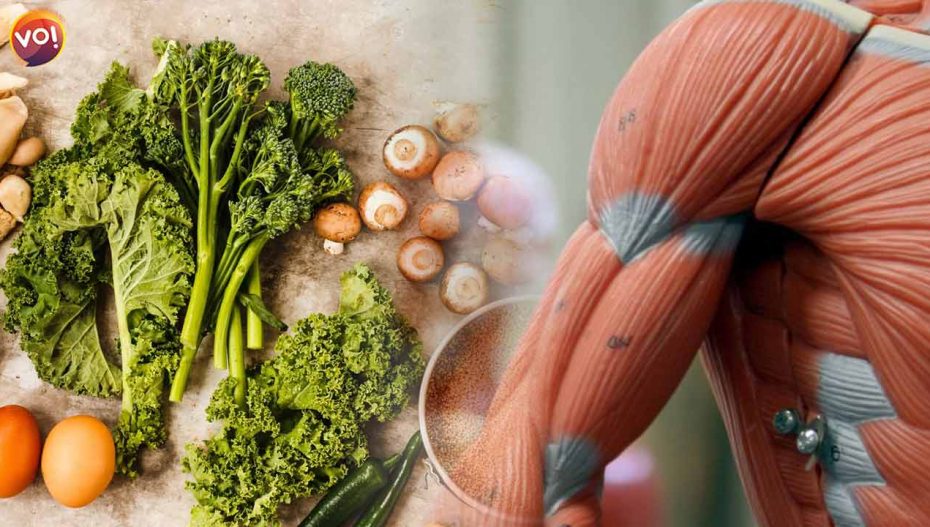Does being slim categorise as fit? Does having flat Abs mean that alls well within? Not necessarily. As city-based dietician Nidhi Parekh explains: “The key lies in a balanced intake of nutrients and regular schedule of work out. It is important to maintain that toned body, with its muscle and fat in correct proportions. Else, a skewered ratio of bones and no fat or entirely muscles and no nutritional gain will impair bodily functions and retard faculties.”

For those looking at muscles to replace the slobby fat, Nidhi recommends nutrient-dense foods. “Work on your dietary habits to lose weight faster and pile on those muscles,” she says, adding that research backs the benefits of “muscle-defining nutrients.”
To begin with, these nutrients:
Increase the rate of muscle tissue growth
Reduce stress chemicals that cause fat storage
Boost the flow of blood to your muscles (which increases their efficiency and the rate at which they repair themselves, so they can then grow bigger)
Reduce inflammation, which can help to prevent muscle breakdown
Help with energy metabolism
The dietician recommends these five dietician-suggested foods which can benefit muscle growth significantly.
Eggs
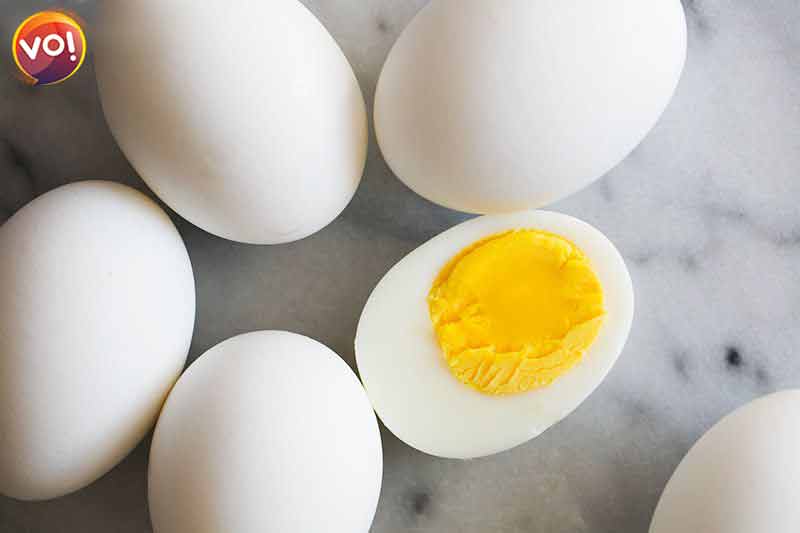
One egg contains seven grams of protein. “Eggs contain large amounts of the amino acid leucine, which is particularly important for muscle gain. Vitamins belonging to the B group are critically important for a variety of processes in your body, including energy production,” adds the dietician, also a diabetes educator.
Chicken Breast

Loaded with protein, a 300 grams serving contains about 26.7 grams of high-quality protein. “Chicken breasts also contain generous amounts of the B vitamins Niacin and B6, which may be particularly important if you are active,” explains Nidhi. Lean meat, she stresses, is the best source of protein, while also being a rich source of vitamins to aid proper body functions.
Greek Yoghurt
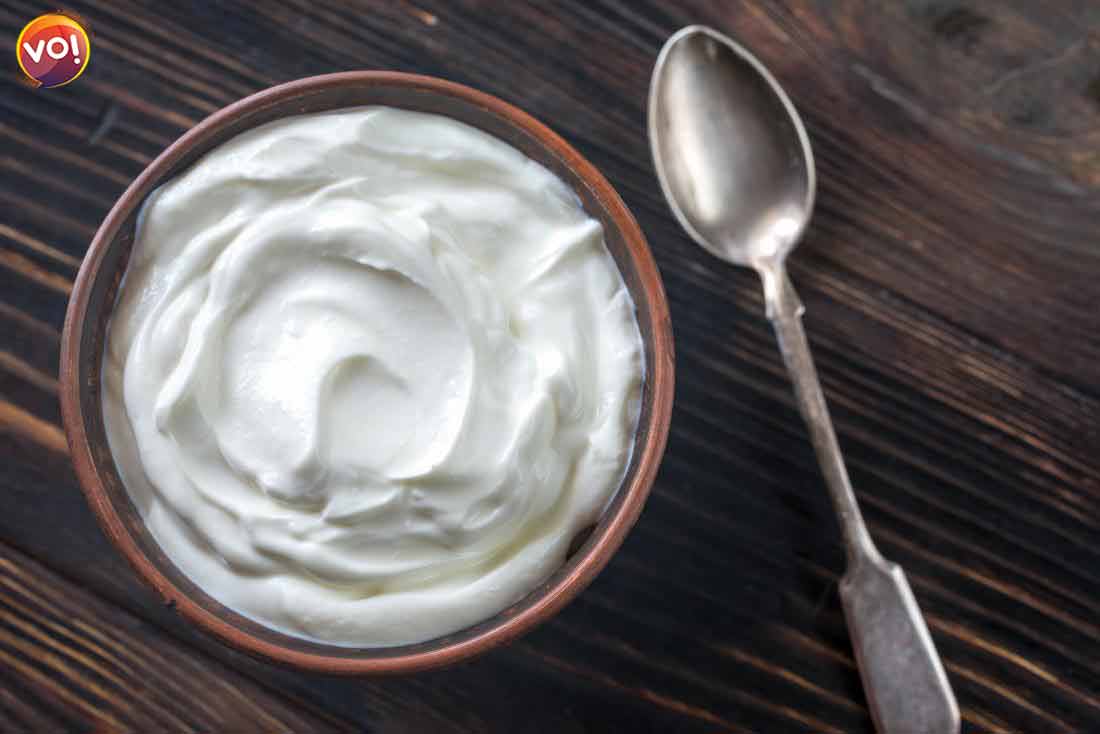
While Greek yoghurt is a good snack anytime, eating it after a workout or before bed may be beneficial, due to its fast-and slow-digesting proteins. “Dairy not only contains high-quality protein but also a mixture of fast-digesting whey protein and slow-digesting casein protein. Some research has shown that people experience increases in lean mass when they consume a combination of fast-and slow-digesting dairy proteins. But not all dairy is created equal. For example, Greek Yogurt often contains approximately double the amount of protein as regular yoghurt,” elaborates Nidhi.
Soybeans
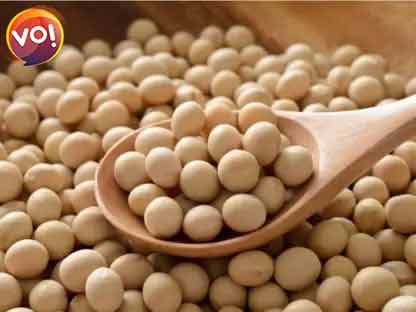
Half a cup (86 grams) of cooked soybeans contains 16 grams of protein, healthy unsaturated fats, and several vitamins and minerals. “Soybeans are a particularly good source of vitamin K, iron, and phosphorus. Iron is used to store and transport oxygen in your blood and muscles, and a deficiency can impair these functions. People who menstruate heavily may be at risk of iron deficiency due to blood loss during their cycle.”
Quinoa
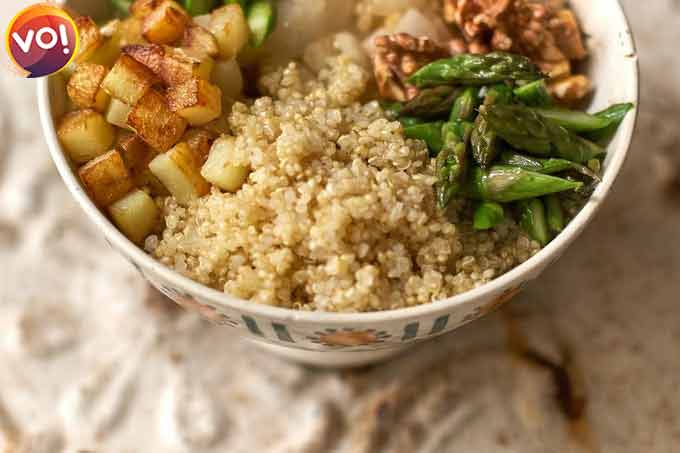
Magnesium plays an important role in the function of your muscles and nerves, both of which are used every time you move. “Cooked quinoa contains about 40 grams of carbs per cup (185 grams), along with 8 grams of protein, 5 grams of fiber and hearty amounts of magnesium and phosphorus,” she further adds.
Also Read: Key To Happiness? It’s All In Your Food!


